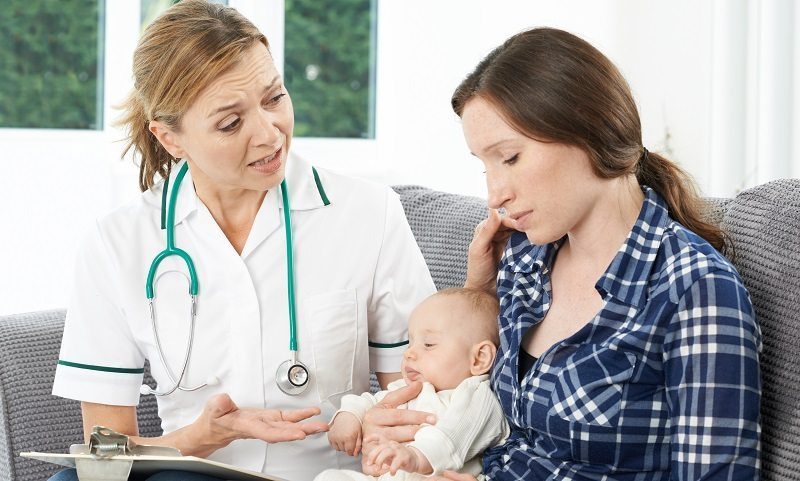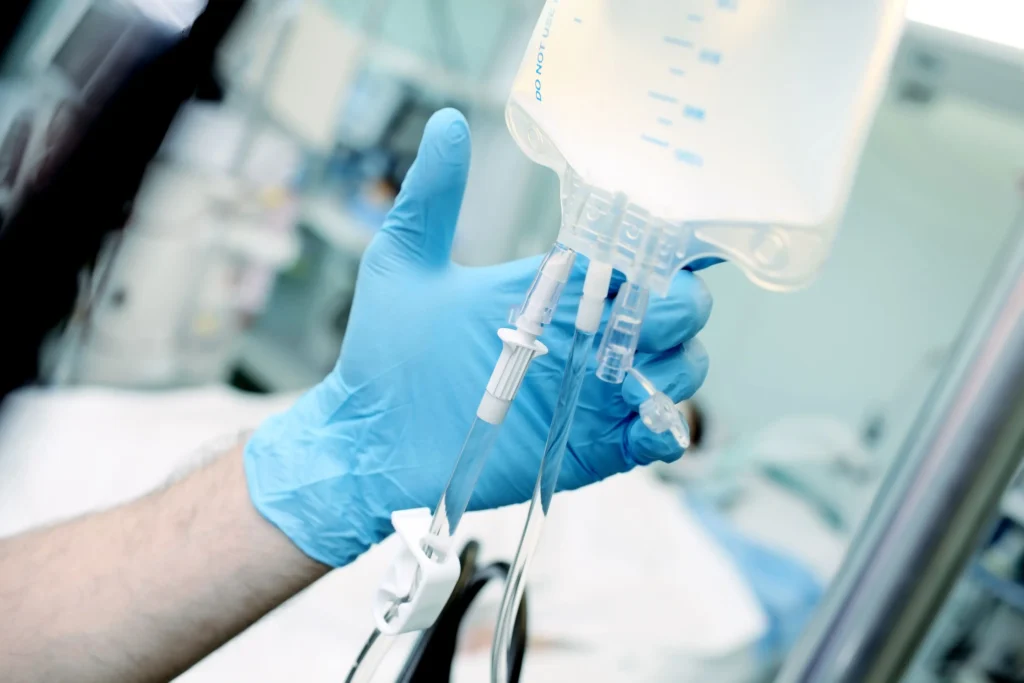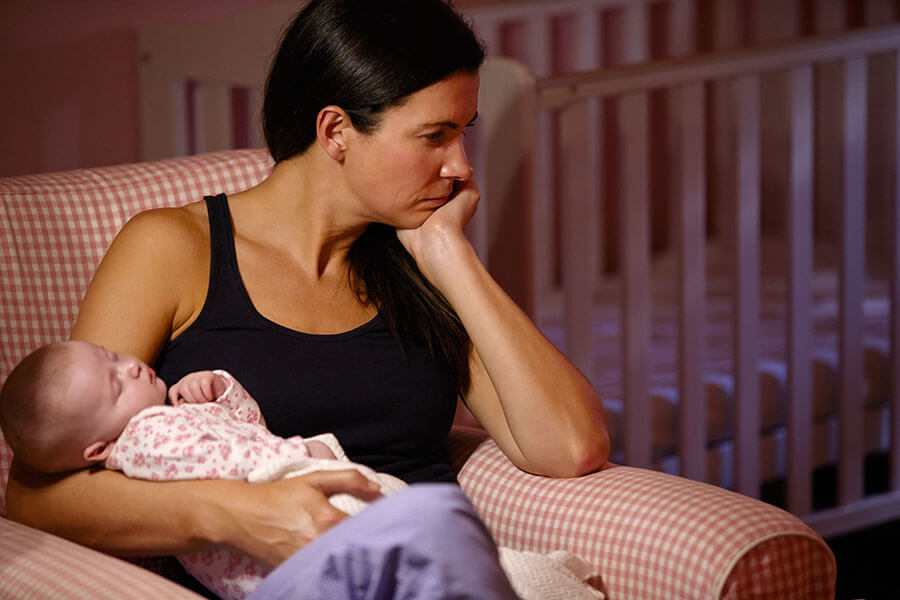Motherhood is full of highs, but it can also bring unexpected emotional lows. If your joy has been replaced by anxiety or sadness, it could be more than just exhaustion. Postpartum depression affects many moms, and hormones often play a big role, and the best hormone treatment is just all you need.
After birth, your body goes through some big ups and downs, and those shifts can really throw off your mood and emotional balance. It’s more than just being tired or adjusting to a new routine; it’s a wave of changes that can leave you feeling unlike yourself.
Postpartum depression is real, and it’s something many moms go through, even if no one’s saying it out loud. But here’s a thought: what if part of the answer lies in your hormones? Restoring that inner balance might just be a step toward feeling more grounded and peaceful again.
Let’s talk about how hormone treatment might help you feel a little more like yourself again.
Understanding Postpartum Depression and Hormonal Influence
Postpartum depression (PPD) is a serious mental health condition affecting new mothers, characterized by persistent sadness, anxiety, and fatigue. Notable symptoms include:
- Feeling angry or moody
- Feeling sad or hopeless
- Feeling guilty, shameful, or worthless
- Eating more or less than usual
- Sleeping more or less than usual
- Unusual crying or sadness
- Loss of interest, joy, or pleasure in things you used to enjoy
- Withdrawing from friends and family
- Possible thoughts of harming the baby or yourself
Seeking Help and Treatment Options

If you’re experiencing symptoms of postpartum depression, seeking professional guidance is crucial. Many moms hesitate to get help due to stigma, but PPD is a medical condition, not a personal failing.
Treatment options range from hormone treatment to antidepressants and therapy sessions. Finding the right approach requires collaboration with a healthcare provider.
For additional resources on managing PPD, check out Postpartum Support International and Mayo Clinic’s Guide to PPD.
Types of Hormone Treatments for Postpartum Depression
1. Estrogen Therapy
Estrogen plays a vital role in mood regulation, and supplementing depleted levels can be effective in managing PPD. Some studies suggest that transdermal estrogen patches help stabilize mood and alleviate symptoms.
However, estrogen therapy must be used under medical supervision, as it carries risks such as blood clot formation.

2. Progesterone Therapy
While progesterone levels drop postpartum, some researchers believe that supplementing with bioidentical progesterone can help regulate mood. However, clinical evidence on its efficacy remains mixed, making it a less commonly recommended option.

3. Brexanolone (Zulresso)
Brexanolone is an FDA-approved medication designed specifically for PPD. It works as an intravenous infusion that restores levels of allopregnanolone, a neuroactive steroid derived from progesterone.

Zulresso has shown promising results, with many patients experiencing rapid relief. The downside? Treatment is costly and requires hospital administration for over 60 hours.
4. Thyroid Hormone Support

Postpartum thyroid dysfunction is more common than many realize. If a mom develops hypothyroidism (low thyroid function), it can mimic or worsen depression. Treating with thyroid hormone (like levothyroxine) can restore energy and emotional balance.
Natural Alternatives for Hormonal Balance

If hormone treatment or medication isn’t your preferred route, lifestyle changes can also help regulate hormones:
1. Eat for Hormone Health
Focus on foods rich in nutrients like omega-3s (think salmon or walnuts), leafy greens, and lean proteins. These support mood-regulating hormones and keep your energy stable.
2. Move Your Body
Gentle exercise like walking, stretching, or dancing in your kitchen can boost feel-good hormones like serotonin and reduce stress levels.
3. Prioritize Sleep
Quality sleep helps your mind and body heal. Try winding down early, limiting screen time, and creating a calming nighttime routine.
4. Talk it out
Therapy or simply opening up to someone you trust can help lighten emotional burdens. You don’t have to go through it alone; feel free to open up to others.
5. Stay Connected
Reach out to friends, support groups, or online communities. Feeling seen and heard by others going through similar things can be incredibly comforting.
6. Try Mindfulness
Even five minutes of deep breathing, journaling, or quiet reflection can help calm racing thoughts and bring you back to center.
7. Get Some Sunlight
A short daily walk outside or just sitting by a sunny window helps boost vitamin D and can improve your mood naturally.
Final Thoughts
Hormonal changes after childbirth can have a profound impact on emotional well-being, and for many moms, that includes postpartum depression. The good news? You have options. From hormone treatments like estrogen and brexanolone to lifestyle shifts like better sleep, nourishment, and mindfulness, there are ways to find relief and reclaim your peace.
Every mom’s journey is different, and so are the solutions. Whether you’re exploring hormone treatment, natural remedies, or simply trying to understand what’s going on in your body, know this: you are not the first person to go through such a phase, and you are not failing. You’re experiencing something real, and there is hope.
There’s healing in the little things. Read our Self-Care Strategies for New Moms and find gentle ways to feel supported and whole.


